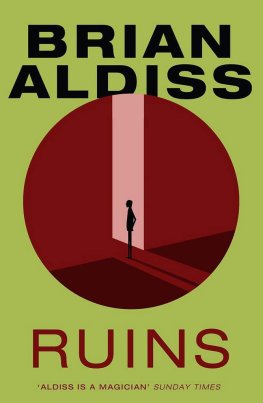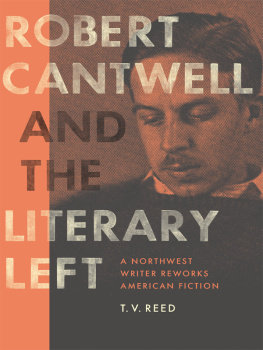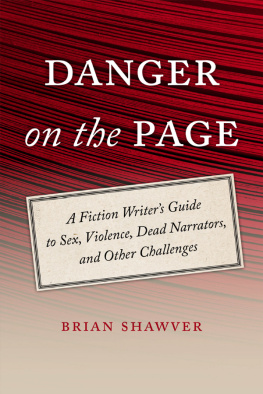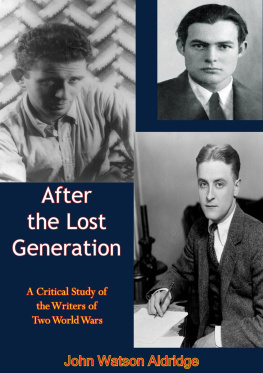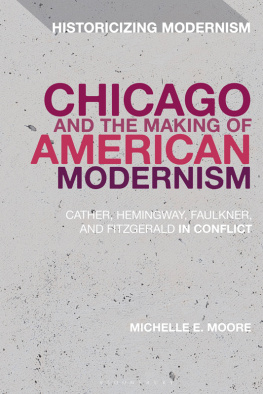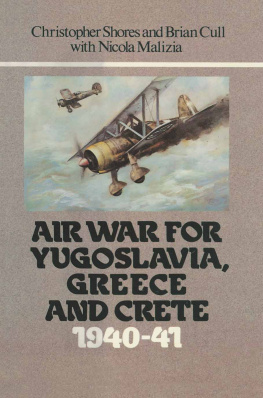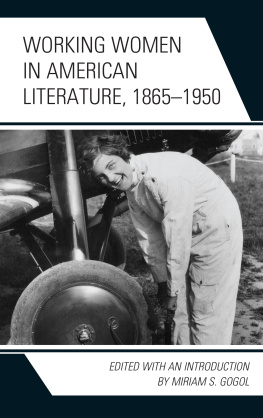This book made available by the Internet Archive.
Editors Preface
The multi-volume Longman Literature in English Series provides students of literature with a critical introduction to the major genres in their historical and cultural context. Each volume gives a coherent account of a clearly defined area, and the series, when complete, will offer a practical and comprehensive guide to literature written in English from Anglo-Saxon times to the present. The aim of the series as a whole is to show that the most valuable and stimulating approach to literature is that based upon an awareness of the relations between literary forms and their historical context. Thus the areas covered by most of the separate volumes are defined by period and genre. Each volume offers new informed ways of reading literary works, and provides guidance to further reading in an extensive reference section.
As well as studies on all periods of English and American literature, the series includes books on criticism and literary theory, and on the intellectual and cultural context. A comprehensive series of this kind must of course include other literature written in English, and therefore a group of volumes deals with Irish and Scottish literature, and the literatures of India, Africa, the Caribbean, Australia, and Canada. The forty-six volumes of the series cover the following areas: pre-Renaissance English Literature, English Poetry, English Drama, English Fiction, English Prose, Criticism and Literary Theory, Intellectual and Cultural Context, American Literature, Other Literatures in English.
David Carroll
Michael Wheeler
Vlll SERIES l 1ST
Longman Literature in English Series
General Editors: David Carroll and Michael Wheeler
University of Lancaster
Pre-Renaissance English Literature
* English Literature before Chaucer Michael Swanton English Literature in the Age of Chaucer
* English Medieval Romance W. R.J. Barron
English Poetry
* English Poetry of the Sixteenth Century Gary Waller
* English Poetry of the Seventeenth Century George Parfitt English Poetry of the Eighteenth Century 1700-1789
* English Poetry of the Romantic Period 1789-1830 J. R. Watson English Poetry of the Victorian Period 1830-1890
English Poetry of the Early Modern Period 1890-1940 English Poetry since 1940
English Drama
English Drama before Shakespeare
English Drama: Shakespeare to the Restoration, 1590-1660 English Drama: Restoration and the Eighteenth Century, 1660-1789 English Drama: Romantic and Victorian, 1789-1890 English Drama of the Early Modern Period, 1890-1940 English Drama since 1940
English Fiction
* English Fiction of the Eighteenth Century 1700-1789 Clive T. Prohyn English Fiction of the Romantic Period 1789-1830
* English Fiction of the Victorian Period 1830-1890 Michael Wheeler English Fiction of the Early Modern Period 1890-1940
English Prose
English Prose of the Renaissance 1550-1700 English Prose of the Eighteenth Century English Prose of the Nineteenth Century
SERIES LIST IX
Criticism and Literary Theory
Criticism and Literary Theory from Sidney to Johnson Criticism and Literary Theory from Wordsworth to Arnold Criticism and Literary Theory from 1890 to the Present
The Intellectual and Cultural Context
The Sixteenth Century the Seventeenth Century
* The Eighteenth Century, 1700-1789 James Sambrook The Romantic Period, 1789-1830
The Victorian Period, 1830-1890
The Twentieth Century: 1890 to the Present
American Literature
American Literature before 1880 American Poetry of the Twentieth Century American Drama of the Twentieth Century
* American Fiction 1865-1940 Brian Lee American Fiction since 1940 Twentieth-Century America
Other Literatures
Irish Literature since 1800 Scottish Literature since 1700
Australian Literature Indian Literature in English African Literature in English: East and West Southern African Literature in English Caribbean Literature in English
* Canadian Literature in English W. J. Keith
Already published
Authors Preface
'i
Writing literary histories has never been a simple, straightforward matter; but in the last twenty years the subject has come to seem so fraught with theoretical difficulties that scholars who might once have busied themselves with such tasks are now more likely to spend their energies convincing themselves and their readers that the whole project is impossible. For many, the status of the literary artefact itself has become problematical, and nearly everyone agrees that the task of relating works of art to the society that produced and consumed them involves operations of almost infinite complexity.
It is impossible, for example, to ignore such seemingly unresolvable dilemmas as the one posed by Frederic Jameson. In any effort to represent the past, he tells us, we are immediately faced with an inescapable choice between two assumptions: those of Identity or Difference. There is, he insists, no middle way. If we choose to affirm the identity of the alien object with ouselves as many recent Feminist critics have done in their attempts to reinterpret earlier literatures - we shall be forced to admit that in projecting our world and its values onto the past we have never left home at all, and will inevitably fail to touch the strangeness of a genuinely different reality. If, on the other hand, we assume the radical difference of the alien object, we shall be faced with the prospect of being shut off from its otherness by all the intervening accumulations of history that have made us what we are.
In the book that follows I have tried to take cognizance of such problems without being unduly inhibited by them. America at the end of the Civil War does constitute an alien reality and it takes an immense imaginative effort to enter that lost time and space. There are, however, continuities of consciousness that help to forge links between the past and present, and these are what I take to form the basis of an interpretive mastercodc.
In tracing such lines of development as those of Realism or Modernism, I have been only too aware of the selections and exclusions forced upon me by such initial choices. I have tried to balance
authors preface xi
my attention between major and minor writers, individual texts and complete canons, and mainstream movements and fascinating counter-currents. In the last analysis, though, decisions about what to include and what to exclude are arbitrary and subjective; which is only to say that literary history is not, and cannot be, a science.


